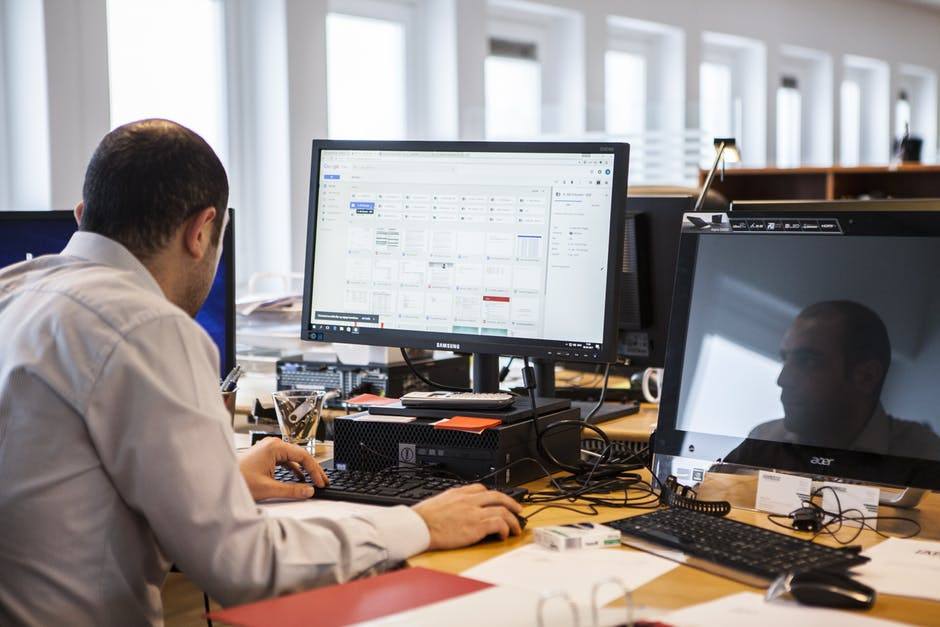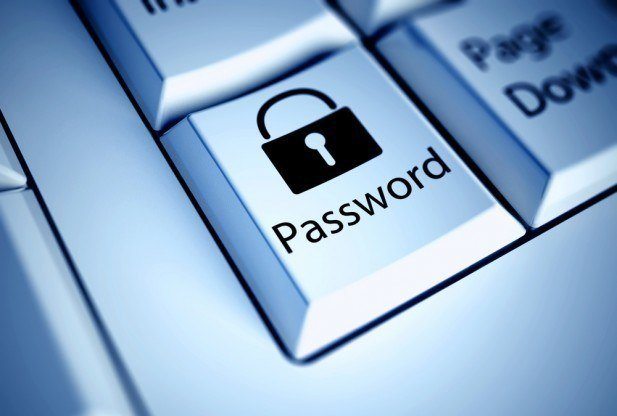Computers run more reliably when they don’t encounter power outages and brownouts.
A machine that suddenly loses power not only leaves documents unsaved but can suffer damage to both the hardware and the file structure. To keep this from happening, computers should run from an uninterruptible power supply (UPS). It’s an economical way to make them last longer and avoid data loss.
The Benefits of a UPS
A UPS contains a battery which is normally fully charged from the line current. The computer gets its power from the battery, even when current is available. This makes the voltage smoother, without dips and surges. Unstable line current shortens the life of any electronic equipment which is plugged directly into it.
Computers hold data in memory rather than writing every change immediately to the disk drive. This lets them run faster and use less power, but it means they will lose data if the power fails. The disk drive can be left in an inconsistent state, so file directories can be damaged. A UPS lets the machine keep running during a brief loss of power, and it allows time to shut down machines properly during a longer one.
Having UPS protection is useful with all machines that plug into the wall, but it’s a necessity with servers. Having them fail in an uncontrolled way is too big a risk.
Understanding UPS Ratings
The capacity of a UPS is measured in volt-amperes (VA) and watts. According to the textbooks, a volt-ampere is the same as a watt, but there’s a difference because of the way alternating-current devices work. The VA rating measures the “apparent power” drawn, which is larger than the actual power. The VA rating is the apparent power, and the watt rating is the actual power. The ratio of actual to apparent power is the power factor, which is always less than 1.
To figure out how much capacity you need in a UPS, take the power drawn by each device that you will connect to it; the label should give either watts or volts and amperes. Multiple amperes by volts to get watts. The total of their power requirements should be smaller than both the watt and VA ratings of the UPS.
A power supply should list both its VA and watt ratings, or else the VA and power factor (which lets you calculate the watt rating). Don’t go by just the VA number, even if it’s the more prominent one.
UPS Maintenance
The battery of a UPS has a limited life, and over time its capacity will shrink. Schedule replacement of all UPS batteries, if not the whole power supply, every two years.
An uninterruptible power supply is an inexpensive investment in the life of computer equipment. Every IT shop and home office should have at least one.
Contact us at AE Technology Group to learn more about how we can keep your systems running reliably.






